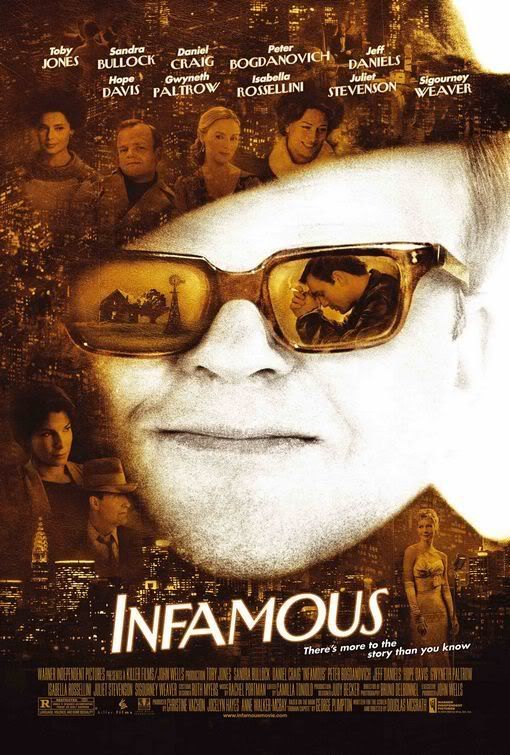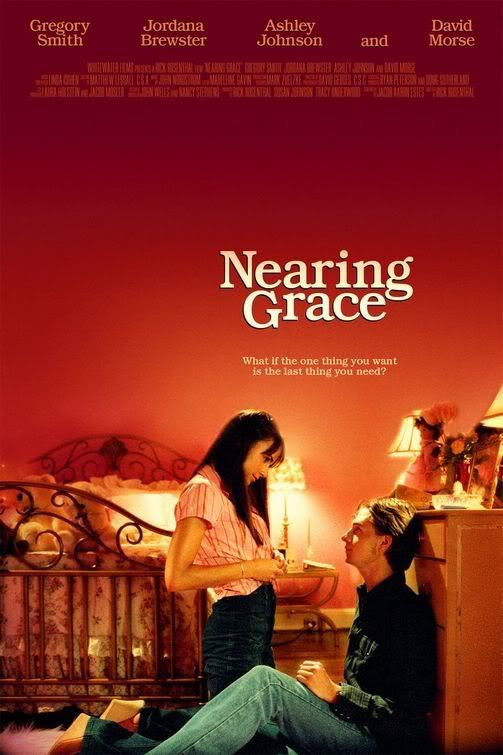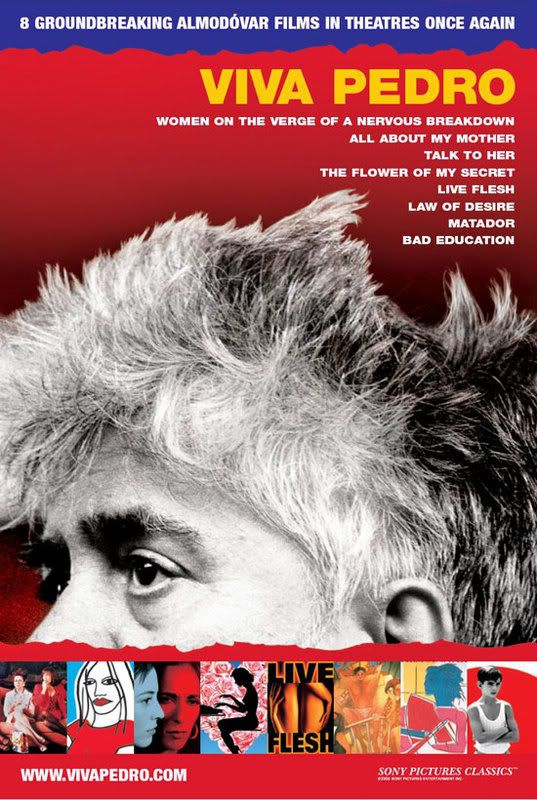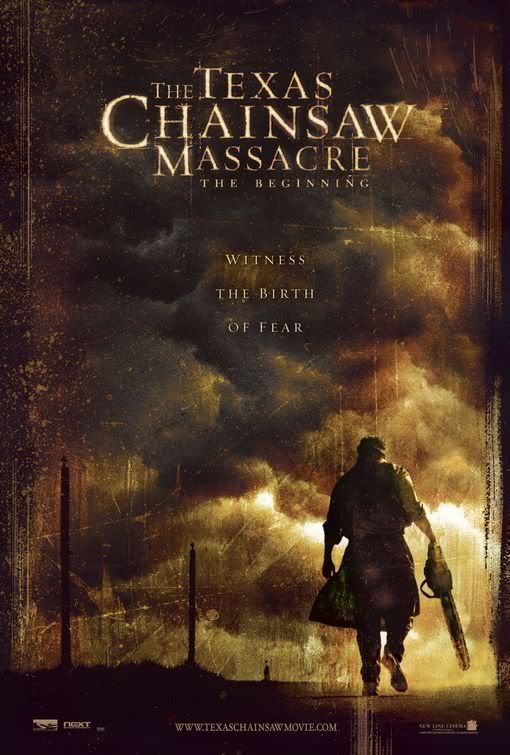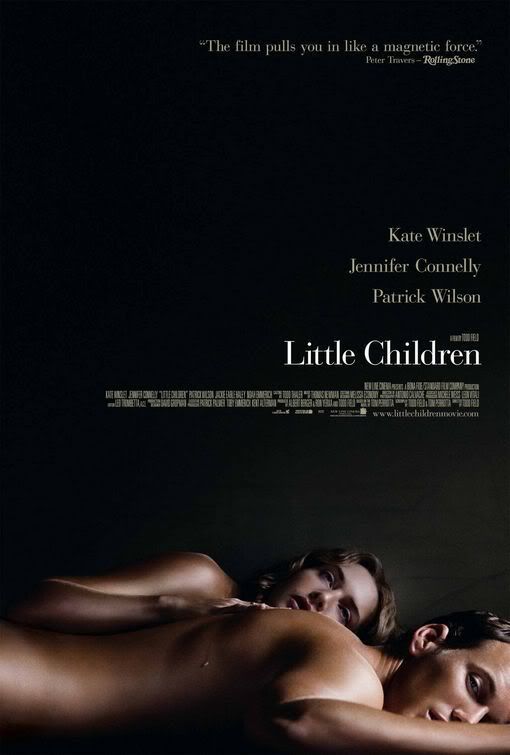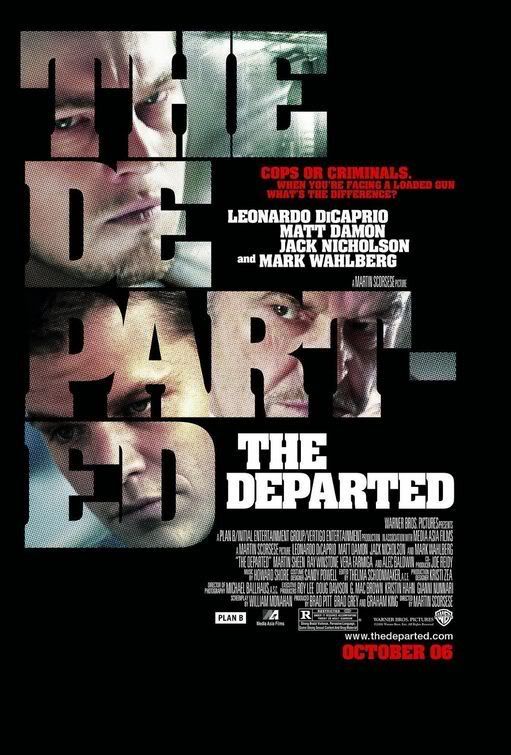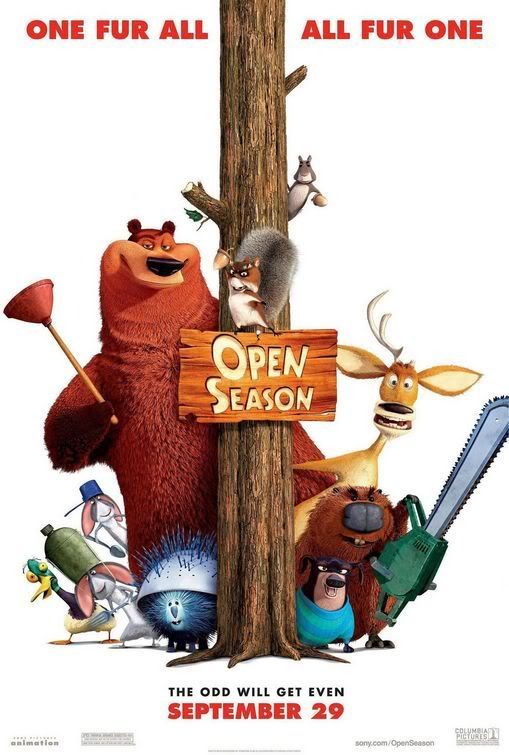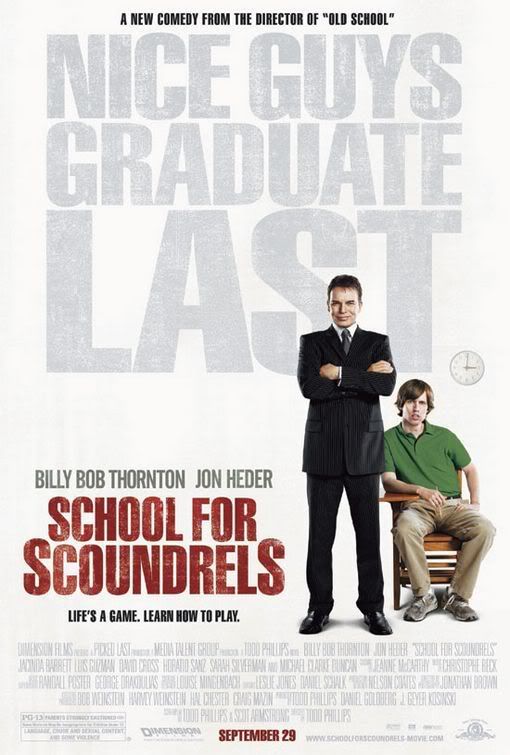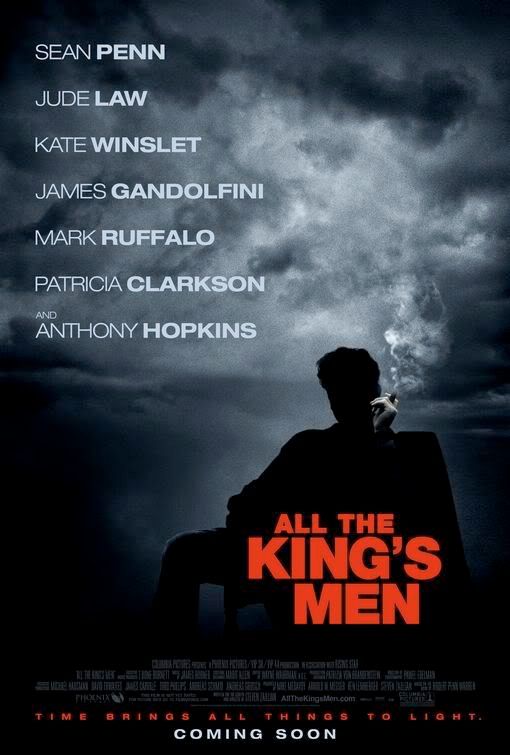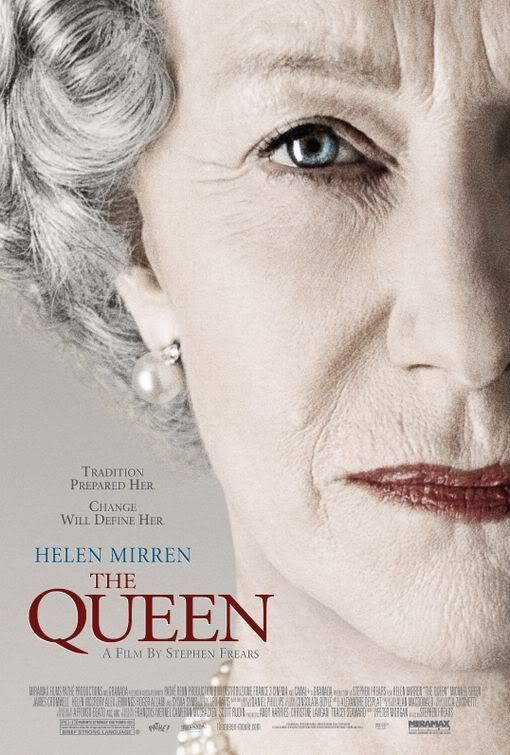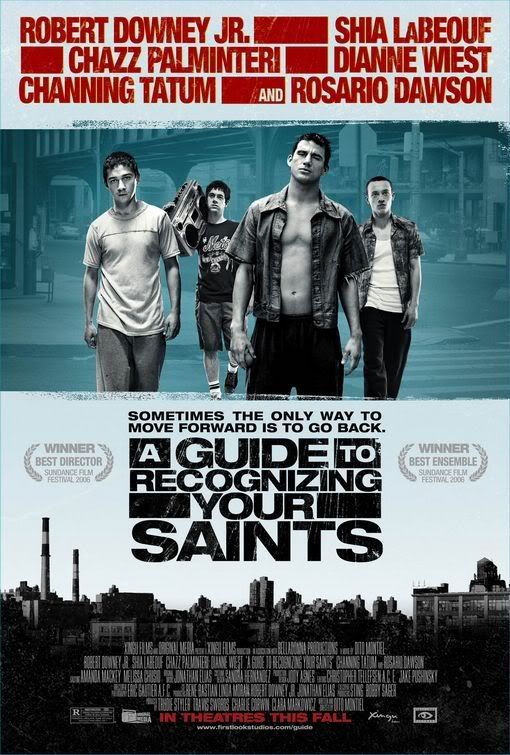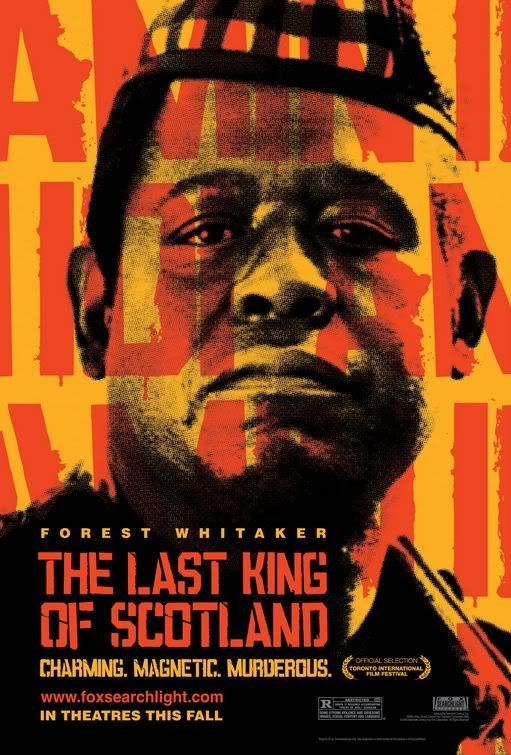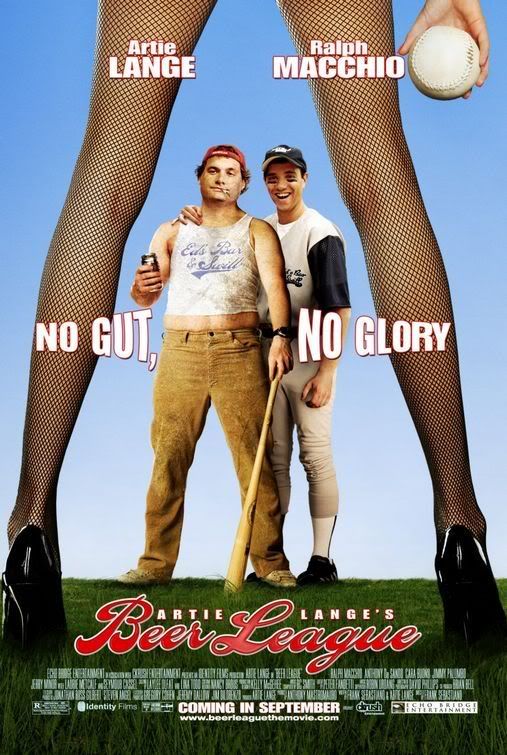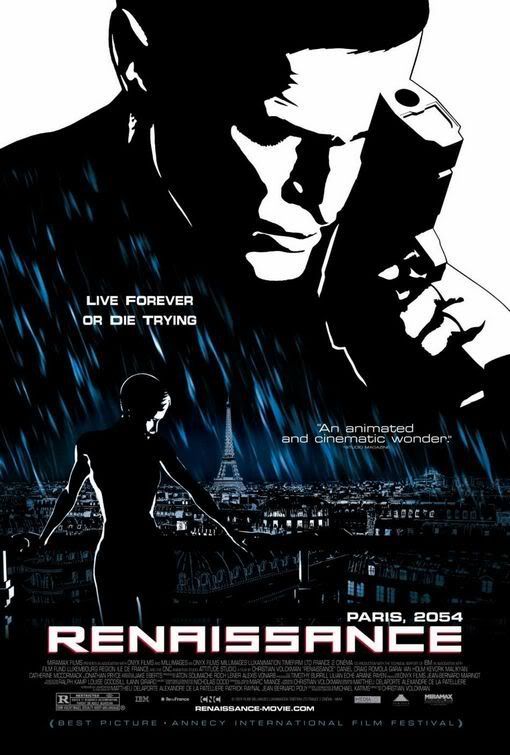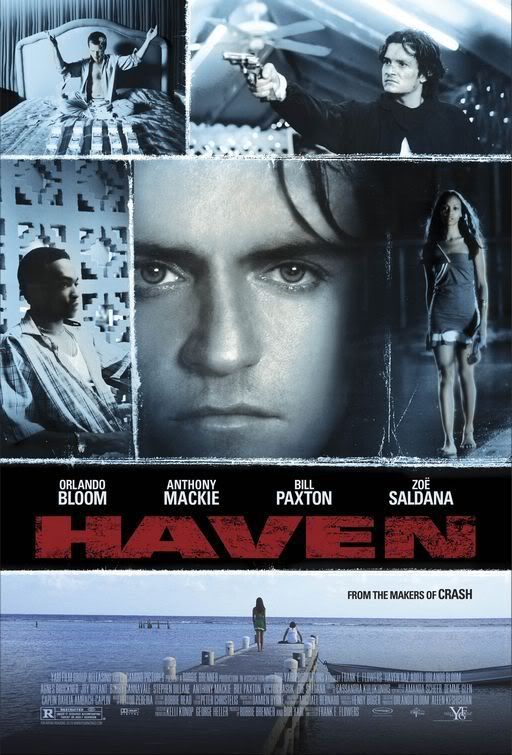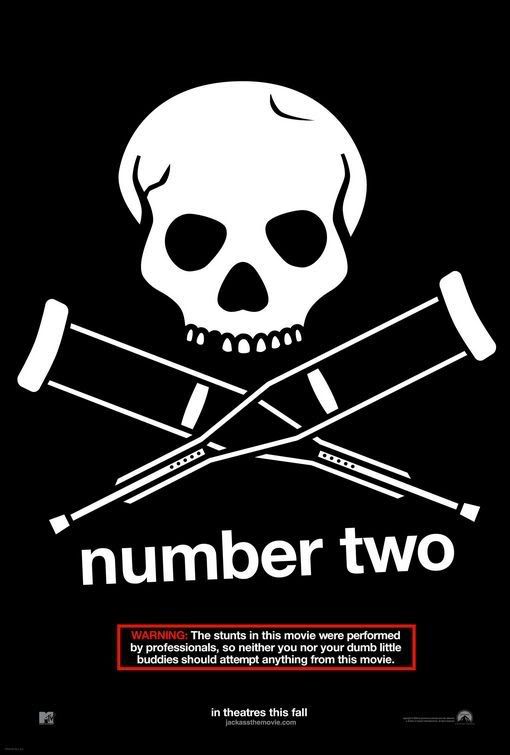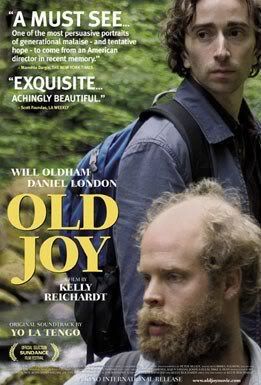49 Up
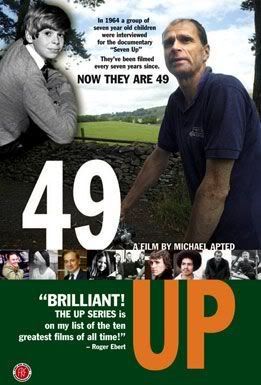 49 Up ***1/2
49 Up ***1/2Here we have the newest installment in one of the most influential documentary series' of all time. Over the course of the last month I have been intrigued and introduced to "The Up Series," which was created by Michael Apted in 1964. In 1964, Apted was inspired by the quote "Give me the child at the age of seven and I will give you the man." He interviewed a group of fourteen children, all seven years old, and asked their views on life, politics, the opposite sex, etc. While this can sound like a profound experience, the children were all seven at the time. Many of their views were something like:
"I have a girlfriend, but I don't think much of her."
"I don't like the term colored people, because it makes it sound like a purple person with red eyes and yellow feet."
And then Apted decided to find all of the kids again, seven years later when they were fourteen, and see how they were doing. This was a little different. No longer were the subjects eager to talk to the camera and hear themselves talk. All of them were more subtle, and shy, as the ages of puberty finally hit them. Some of them didn't even bother looking straight into the camera. Apted was not done yet, and seven years later, and every seven years since then, he has caught up with the kids, now adults. Not all of them return, and some of them didn't return for certain episodes and then came back for later ones. With "49 Up," the "kids" are all forty nine years old, and twelve of the original fourteen have come back. Upon it's conclusion, I prayed that in seven years I could actually see "56 Up" and see what is happening to them as they approach the age of seniors.
Watching the entire series is a fascinating thing, because it's literally watching a human life. And they don't think about the show as they live their lives. One of the subjects even ends up homeless for the better part of three episodes, and is the actual heart of most of the films. What is great about each film is that you do not have to have seen the past films to understand and chart the growth of all the kids. Apted provides numerous video clips and past interviews and scenes from the previous film in all of them, to provide a comparison. When introducing each subject, you don't even see what they are like at the present until Apted gives us a little recap of their past
The first kid we see is Tony, who wanted to be a jockey when he was kid, and then advanced to a cabbie and a sometimes actor. Tony is married to the same woman, and has learned much during his marriage, especially after having an affair. Tony is the most talkative of all the kids, and even though he minds doing the series, he feels that it was an educational experience. There is Suzy, who went through a long bout of depression and chain smoking until she finally met Rupert, who would eventually become her husband. There is Bruce, who at the age of forty nine, has two kids who are both under the age of five. And then there is Neil, the real gripper of all the episodes, who was at one time homeless. Apted is clever in saving Neil for the end, as any real follower of the episodes would obviously be eager to see how he is doing. While he is finally meeting peace with himself, his biggest regret would be that he never was in a truly serious relationship, and never settled down and had a wife of his own. Watching the past clips of Neil talking, especially when he was seven, you would never guess the way he turned out. A poor and depressed man came out of a talkative and happy boy.
I would like to describe more detail about each kid, but I recognize the faces and the stories, and seem to be having a little trouble with the actual names. I remember the names, but cannot connect them to each story. As for the future, some of them are unsure about if they will return for "56 Up" or not. Suzy, who is mentioned above, seems to have decided not to do the next film. She even states here that she is done, and it's a fine spot to call it quits. And then there is my least favorite of all of them, John, who seems to be a very stubborn and snotty and stuck-up person, even when he was seven. He did not appear in the "28 Up" because he felt that he said everything that he needed too in the previous films. That annoyed me a bit. What annoyed me even more is how he returned for "35 Up" solely as a way to promote the charity that he founded, "Friends of Belgium." He skipped out on "42 Up," and is back here, although he seemed a bit more easy on the program itself. All of them do. In the middle episodes, especially, they all seemed to hate the program, and regret ever being a part of it. Now, they all seem to finally make peace with it, and just accept it. It is something they do, and something that maybe even deep down they enjoy doing. What annoys them most about the movies is that they bring back memories that they wish they could forget. This is seen especially in the middle episodes, when most of the "kids" come to the fact that there parents are dying.
On a closing note, watching these films over the last few weeks has been a very interesting experience. I wish that I had some old videos of myself when I was seven, and fourteen, and then again in a few years. The closest things to home movies that I have are things that me and my father did in spare time. The technique that we were most fond of was making it appear like things were coming out of nowhere. We would take a sandwich, and I would take a bit and he would stop the tape. And then start the tape, another bit, and then stop the tape. And repeat until the sandwich was gone. The same with Lego towers, and even one where I kept putting on different shirts, so it seemed like the shirt I was wearing changed every second. Fun and amusing videos, yes, but not enough to chart the growth of a person and ideals. If I were these kids, I would not regret doing this. It is an experience that nobody else has except for them. A video scrapbook of their entire lives. A comparative study of human behavior and human life. And for the audience, it makes for really great filmmaking. "The Up Series" is a landmark in documentary, and "49 Up" is the most in depth yet. Hopefully I'll be back in seven years with "56 Up," where a whole new lifestyle will present itself. The lifestyle of retirement and the golden years.
